The income tax department has the power to reassess or re-compute an individual’s previously filed income tax returns. The Assessing Officer (AO) has the power to pick your ITR for reassessment subject to fulfilment of prescribed conditions. The AO will send a notice under section 148 of income tax act for income escaping assessment. The Finance Act 2021 has reduced the time limit to re-open income tax assessment cases to 3 years from 6 years. However, in case of serious tax evasion, the assessment can be reopened until ten years. However, here the concealment of income should be more than 50 lakhs.
Reasons for Issuance of Notice Under Section 148 of Income Tax Act, 1961
An individual could receive a notice under section 148 of Income Tax Act 1961. When the Assessing Officer (AO) believes that such an individual’s income chargeable to tax might have escaped assessment. The AO doesn’t have the powers to go for re-investigation without a valid reason or justification. The AO would record his reasons in writing. AO cannot send a notice to the assessee for reassessing the same documents that were submitted while filing of returns. Some new facts or new documents which reasonably show that income has escaped assessment should come into the picture for taking action under section 147 and 148.
Who has the Powers to Issue a Notice Under Section 148?
The power of provisions to issue a notice falls under the ambit of section 151(1). Only the following persons are authorised to issue notices. This is to assess who have escaped assessment or reassessment of taxable income under the following circumstances:
- The AO can issue a notice under section 148 within an expiry of three years from the end of relevant Assessment Year (AY) in question. However, the Principal Chief Commissioner /Commissioner/Chief Commissioner/Commissioner needs to be satisfied on reasons recorded by AO. The case should be deemed as a fit case for issuing such notice.
- Assessing Officer who is above the position of an Assistant Commissioner or Deputy Commissioner can issue a notice. This is in line with the provisions of Section 151, regarding any assessment that has been carried out for the assessment year of relevance under Section 143(3) or Section 147. This can only be approved by the Joint Commissioner. He must be content with the reasons given by the AO. Those reasons must be valid enough for the issuance of any notice to an assessee.
- For any other cases, an Assessing Officer will be able to issue a notice to an assessee as per Section 148 if:
- The rank or position is below that of a Joint Commissioner.
- The four-year period following the conclusion of the relevant assessment has expired.
Due Date to Issue a Notice Under Section 148 of Income Tax Act?
As per the provisions prescribed in Section 149, notices issued under Section 148 can take place over the following time frames:
- AO can issue the notice before the end of a three-year period from the end of the relevant assessment year. Additionally, the taxable income that has evaded/escaped assessment is not more than Rs 1 lakh. However, if the concealed/escaped income exceeds Rs.50 lakh, reassessment can be done up to 10 years from the relevant assessment year.
- If the assessment has been completed under section 143(3) or 147 no further action could be taken. However, an action can be taken if income chargeable to tax has escaped assessment for such AY due to failure on assessee’s part to file the return under section 139 /142 /148 or fully and truly disclosing all the material facts required for the assessment, for that AY.
However, due to covid time limit for sending notice has been increased to 30th April and subsequently to 30th June. This extension has been given for the assessments whose time limit was expiring in 2021.
How to Respond to Section 148 Notice?
It is important that you should not take the notice lightly. In case you receive the notice under section 148, you need to follow the guidelines:
- Check the notice for reasons to believe which are recorded by the AO for issuing the notice under section 148. If the notice doesn’t include the reasons, then you could request the assessing officer to send a copy of the recorded reasons.
- If you are satisfied with reasons to believe stated by the AO then file the return at the earliest. In the case already filed, send the copy to the AO.
- If where you are filing the ITR in response to notice issued under section 148, ensure that you file it after performing proper due diligence. Also make sure that you declare all your income and expenses carefully reflecting a true and fair view.
- If you believe that notice isn’t served validly, or reasons provided by the AO for opening assessment under section 147 aren’t proper then you could challenge the validity of such notice before the assessing officer or higher authorities.
Discover Tax Articles











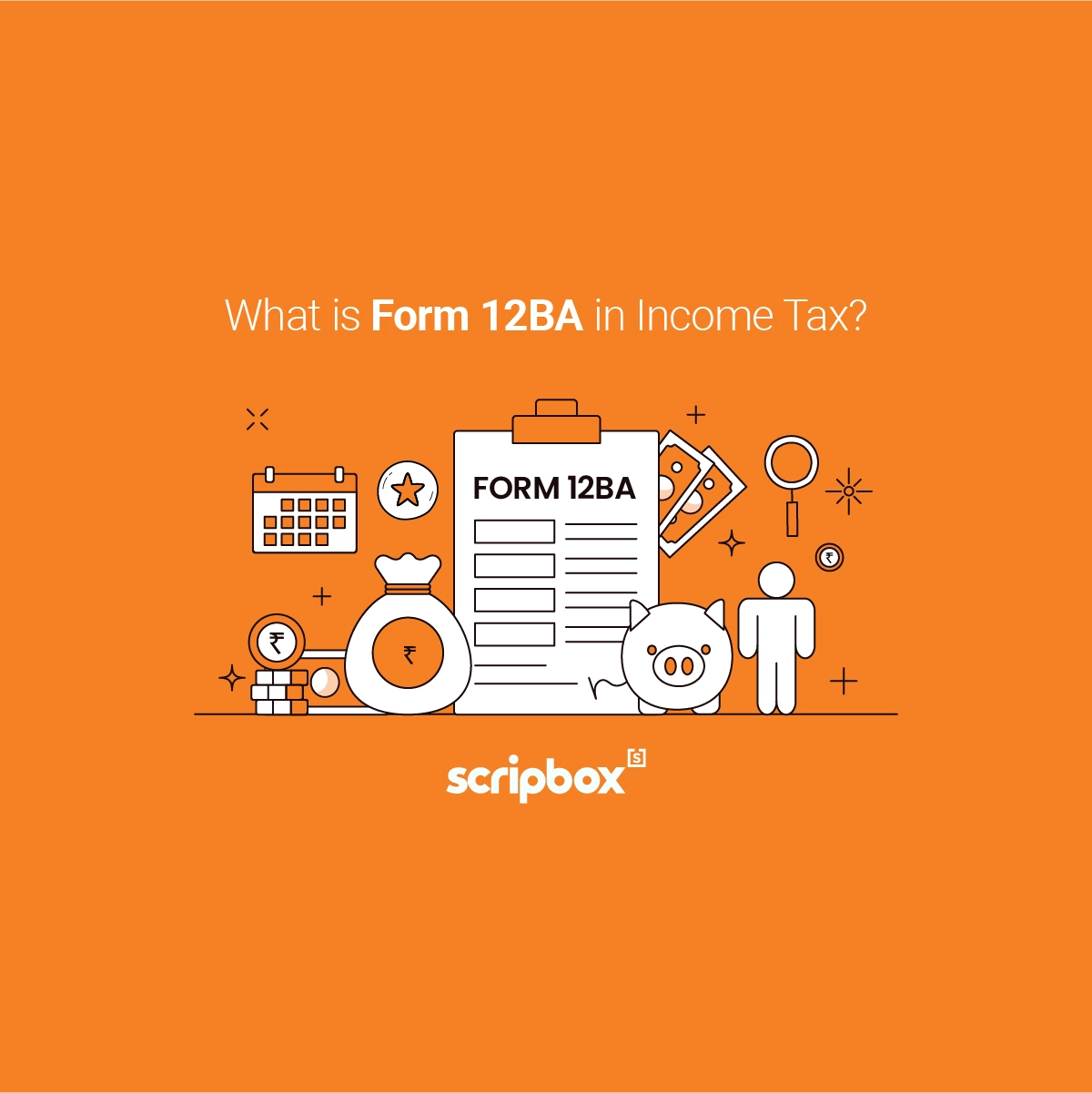
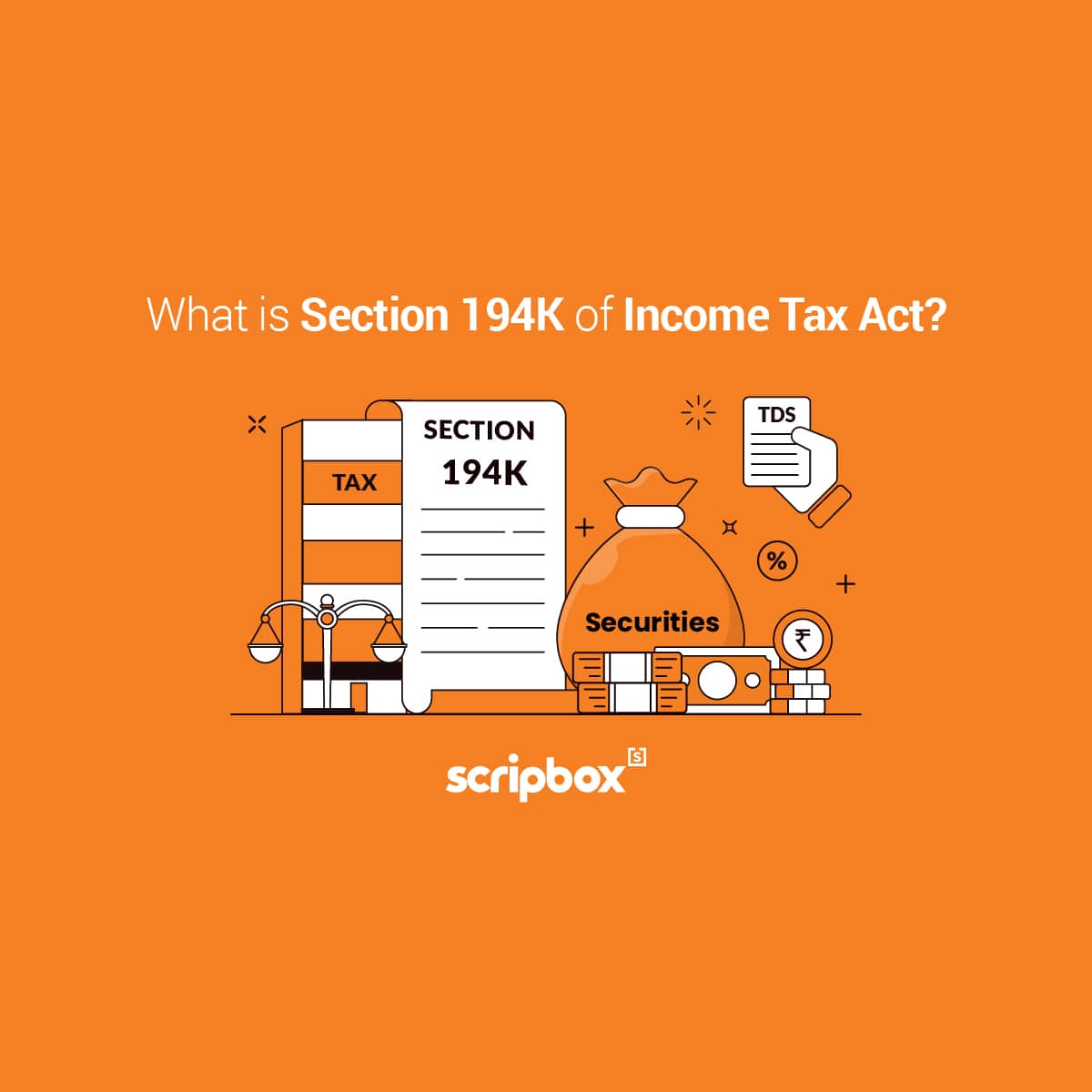
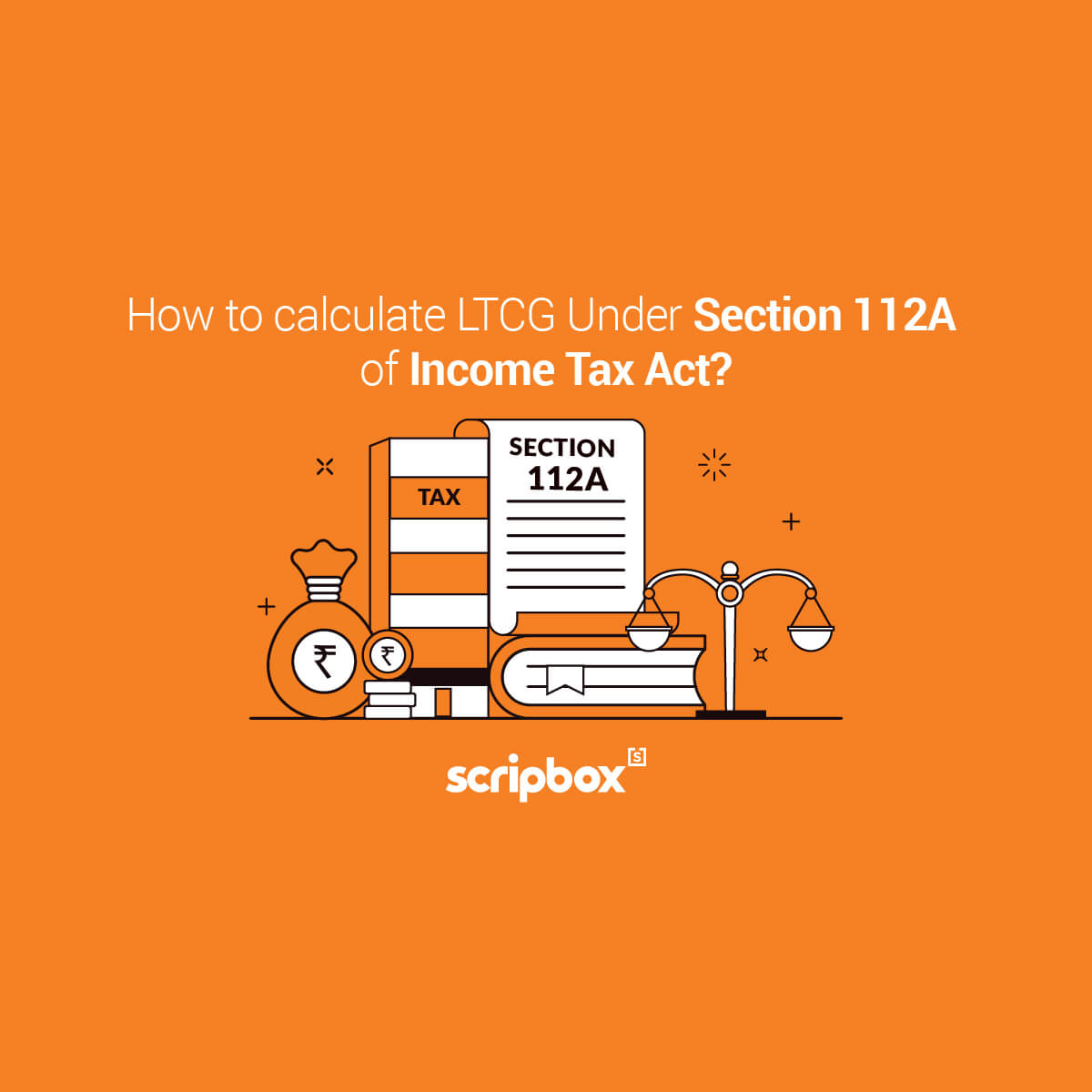
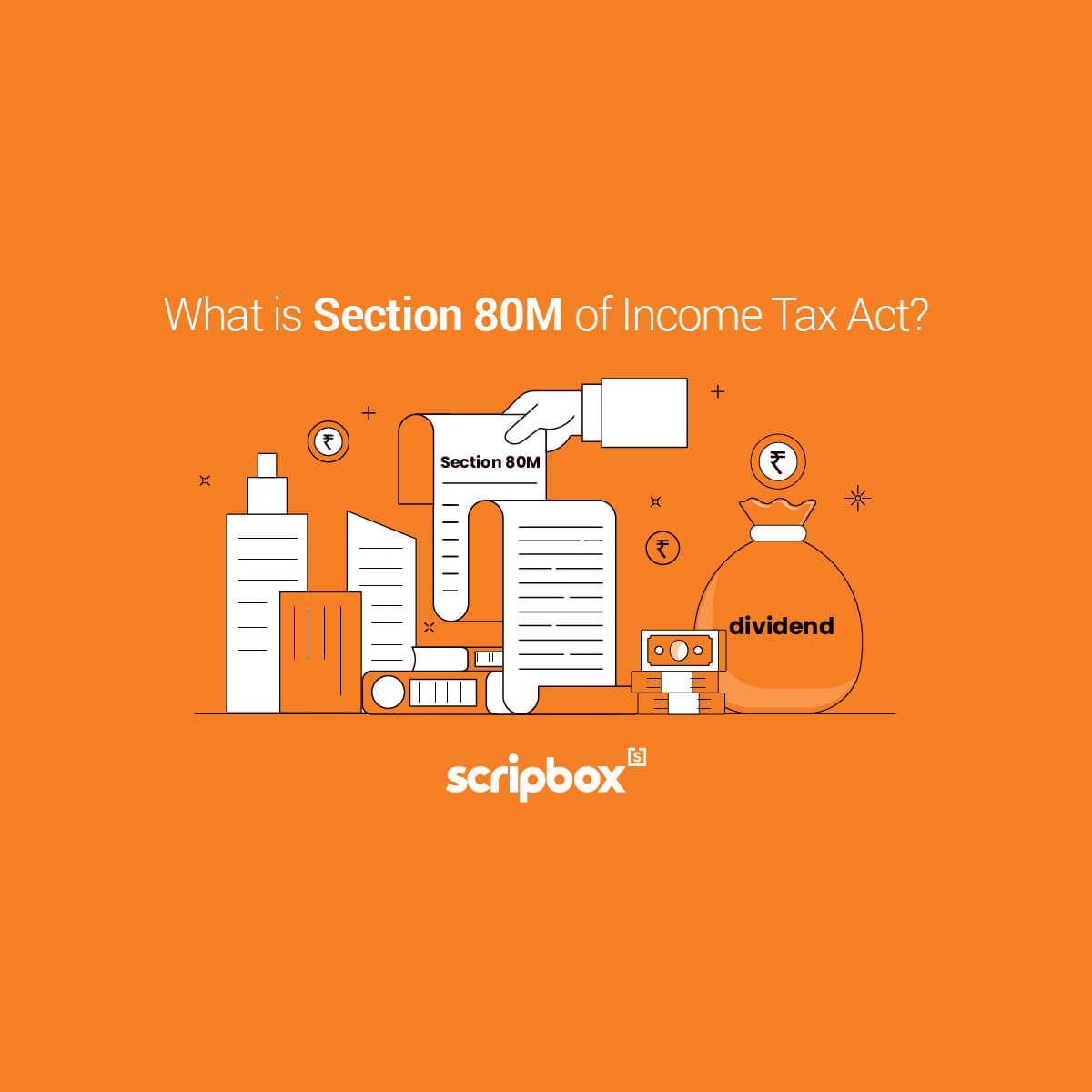
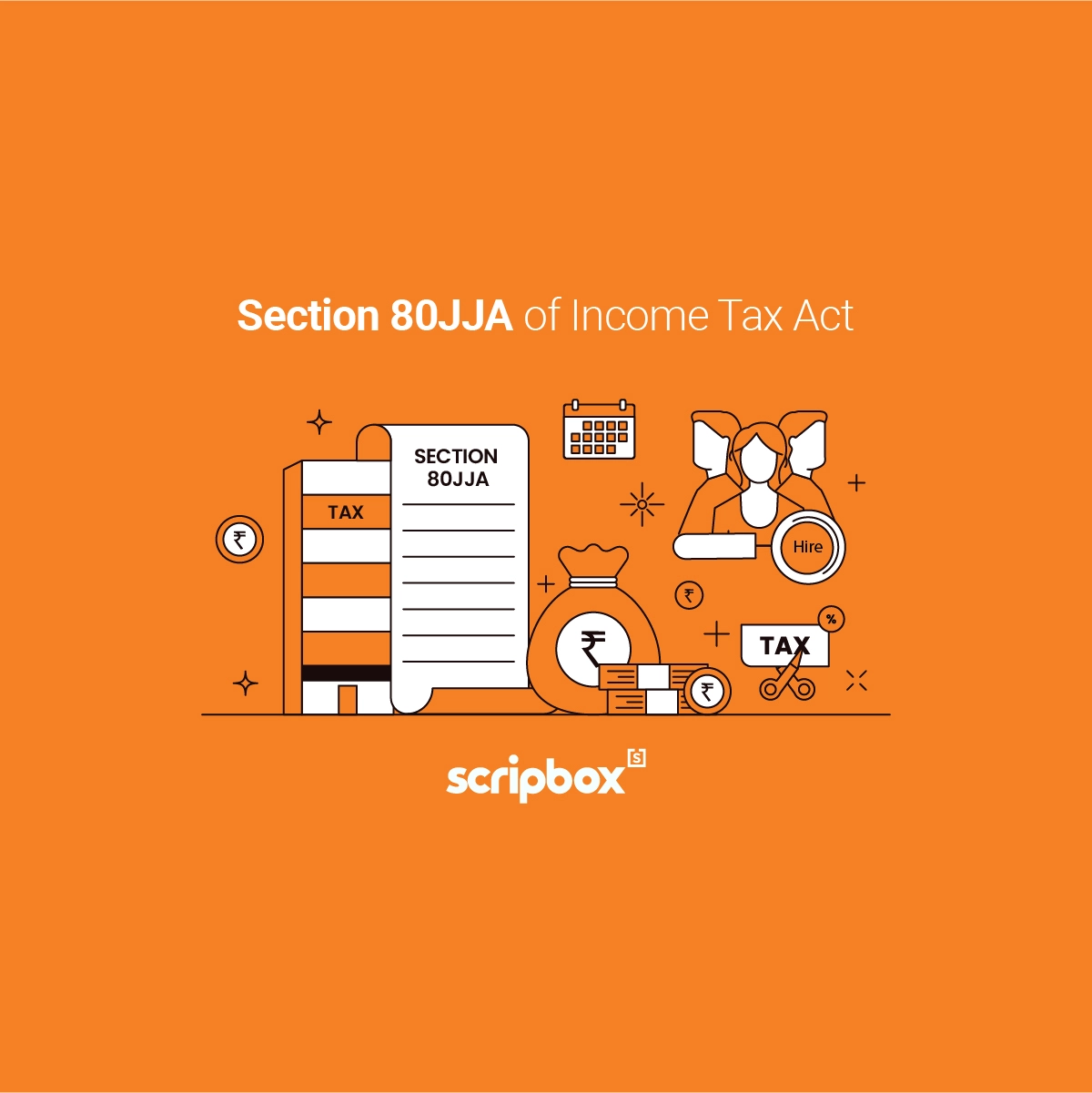
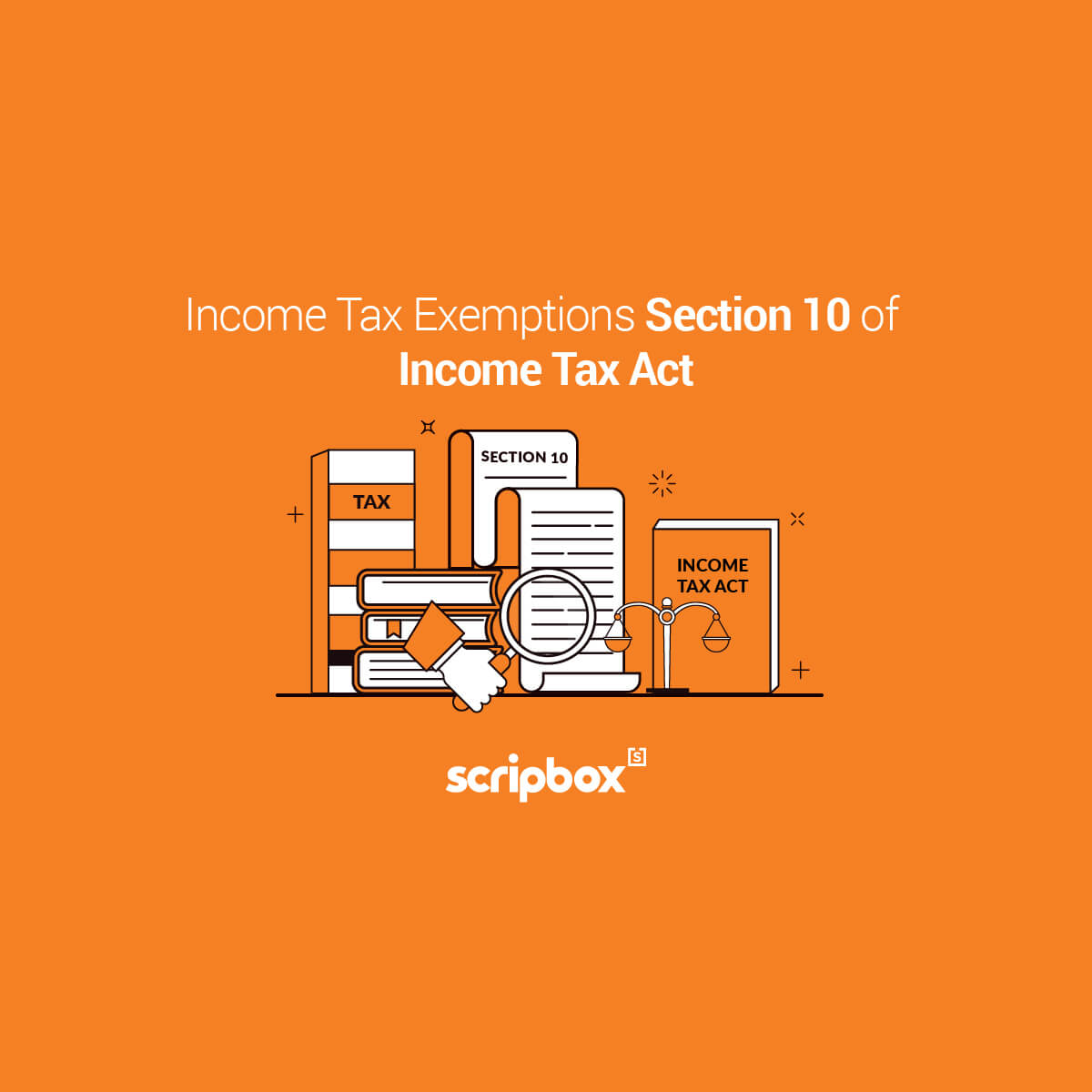






Show comments